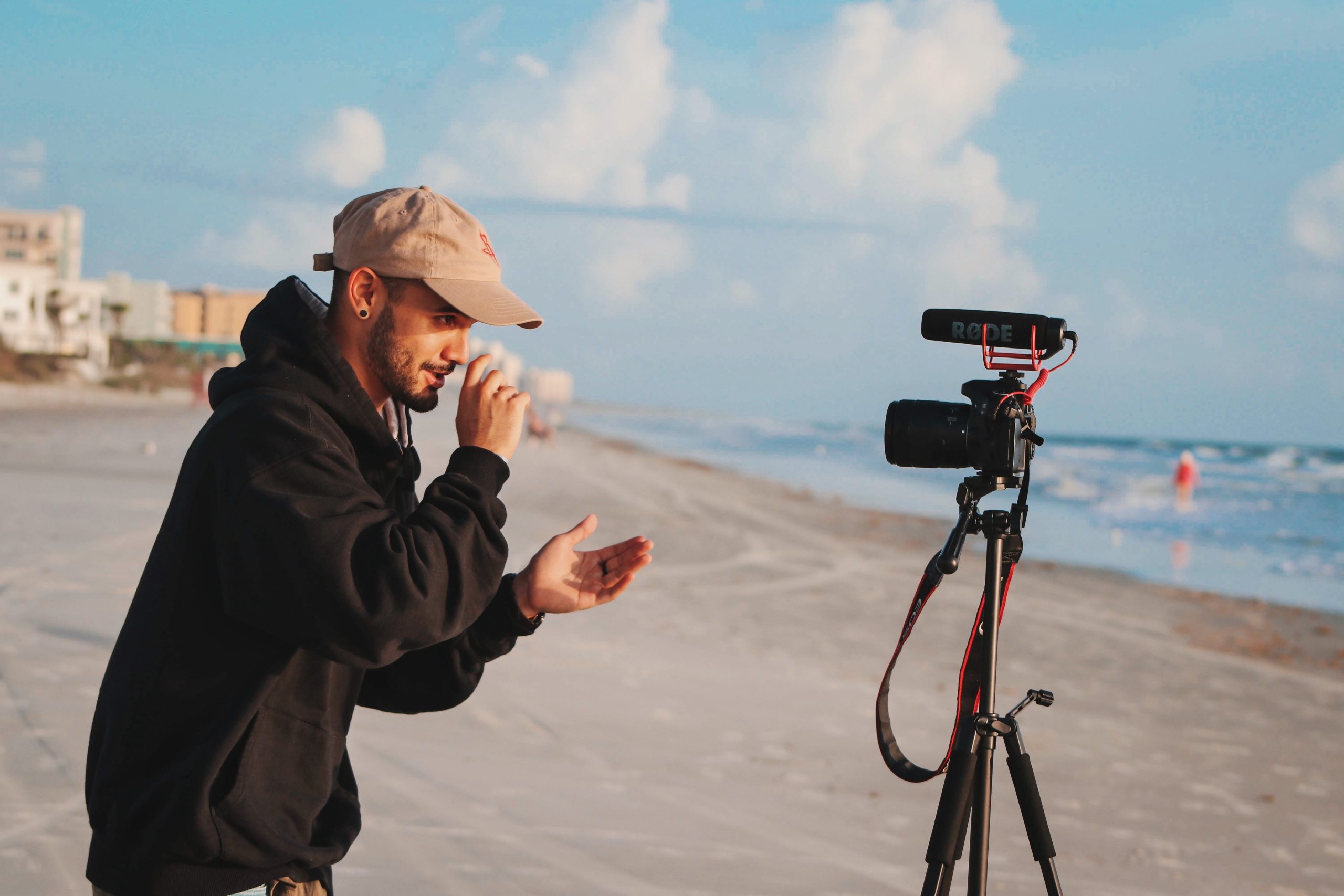Is a 25,000 Qatari riyal license fee to operate as a content creator fair?
Content creation has been a rising field worldwide, with many using YouTube, Instagram, and TikTok to express themselves and earn money. While this has become a major profession for some in Qatar and elsewhere in the Gulf, it does come with caveats.
While every platform is different, creators earn money in three significant ways.
First, the platform puts a fraction of its earnings into a creator pull that will be distributed using metrics like views and watch time. Second, the creator partners with a local or global brand and displays promotional material for a fee. Or thirdly, the creator creates paid merchandise, exclusive content, or offline but chargeable material for sale.
In these regards, creators earn money like legacy advertising agencies. As such, Qatar has introduced fees to regulate them as advertising entities.
As per Qatari law, legally registered content creators are categorised as ‘Personal Advertisers’ and must pay QAR 25,000 to the Ministry of Culture for their license, which is renewed yearly with a fee of QAR 10,000.
However, recent discussions have sprouted online about the barriers to entry to content creation which many say wouldn’t be a profitable endeavour until an individual has has built a sizeable audience – a feat that could take years.
“No warning was given about changes, which resulted in the bank account being frozen, and staff not being able to be paid until everything is renewed. This is business unfriendly… Inshallah @MOCIQatar can fix this,” said Khalifa Al Haroon, founder of I Love Qatar.
While he believes it wouldn’t affect his established brand, this could be a challenging way to start content creation in the long run.
In fact, various users on Twitter have also pointed out loopholes in the rules. There is an existing practice where individuals register their company and likeness abroad and operate in Qatar as a foreign entity to evade such fees.
Could it help creators?
But not everyone shares his sentiment. A famous Instagram influencer with over 100k followers told Doha News that the fees could in fact be beneficial.
“It will help the brand and those serious about their job,” he said speaking on condition of anonymity. “It will also give credibility.”
The idea behind any regulation in advertising is to give legal power to advertisers should they require to sue their partners. Practices of withholding payment even after the advertising contract is fulfilled exist and these breaches of contract would be treated in a different tone.
For companies looking to partner with influencer advertising, it could also protect them from fraud. Numerous personalities buy fake followers and inflate engagement to ask for higher pricing than they deserve. Legal action can be taken in this situation.
The Qatari influencer believes this helps stop “a vicious cycle, as the bad apples undermine hard-working content creators.”
Regulations and taxes to advertisers are nothing new regionally. Saudi content creators would have to pay 15,000 Saudi riyals for a three-year license while Emiratis pay anywhere between 5,000-11,900 Emirati dirhams.
“I am all in for licenses to regulate, but the fee here is overboard,” added the Instagram influencer.







